
I first noticed my back acne in sixth grade, which eventually worsened and spread to my chest and, in the worst place possible, my face.
For me, acne has been a struggle and something which I had to contend with for the vast majority of my teenage years, and even now, when I am in my twenties.
Growing up in a low-income family, seeing a dermatologist was never an option for me. My dad was the breadwinner, and he made minimum wage. Procedures can cost anywhere between $300 and $3,000. Back then, my dad would make less than $900 a month, which was barely enough to cover the bills.
Even though I was insured through MediCal, it was not medically covered back in my teenage years. I recently spoke with Dr. Matthew Lomeli, the lead physician for dermatology and Medical Director for AltaMed’s Medical Patient Service Center and Telehealth. Dr. Lomeli said that dermatology visits are now covered. “However, only medically necessary services are covered. Aesthetic treatments are not covered, as they are optional,” he said.

Dr. Matthew Lomeli, lead physician for dermatology.
For a very long time, especially during my teenage years, I felt frustrated, anxious and insecure about the way I looked every time I looked in the mirror. It was never a pleasant feeling to wake up to new breakouts or severe redness on my face.
For the past 26 years, I have suffered in silence. No one in my family or in my circle of friends ever understood how I truly felt. I never had anyone that I could relate to or who had acne. Don’t get me wrong. There are good and bad days with acne but it can be very unpredictable if it’s not under control. Most of my acne has always been hormonal. Sometimes it would break out because I was stressed; other days it would be because it was that time of the month.
Acne can be different for everyone and it can definitely affect your mental health. Dr. Lomeli said that acne can greatly impact one’s emotional well-being. He also said that he sees a lot of patients who have reported bullying as a result of their acne.
“We know that bullying can lead to self-esteem issues, anxiety and depression. In research studies, people with acne have said that their skin makes them feel unattractive, embarrassed or self-conscious. These feelings can cause some teens to avoid trying out for sports, getting a part-time job or participating in class. Furthermore, acne may cause scarring, which affects adults in the same way,” Dr. Lomeli said.
Even though I was never bullied at school, I would have random strangers commenting about my acne, which would just trigger anger in me. I never understood the reason behind pointing out the obvious.
I never understood why people would just assume that people who deal with acne don’t wash their face or do anything about making it better. I always say, “If you don't have anything nice to say, please don’t say it.”
I never really understood why I had acne. Sometimes I felt like the black sheep in the family. According to Dr. Lomeli, it’s important to understand that acne is caused by overactive oil glands and a buildup of oil, causing an increase in the bacteria Propionibacterium Acnes, which leads to plugging.
“It occurs within tiny pores where hair follicles grow. The face, chest, back and upper outer arms are areas where there are more and bigger oil glands. When these pores become clogged, they become irritated or inflamed. Oil glands get stimulated when hormones become active during puberty. This is the reason why people are more likely to develop acne during their teen years. Acne affects 35 to 90% of teens, often beginning in seven through 12 year olds and usually resolving in our 20’s,” Dr. Lomeli said.
I recently found out that Latinos are also more likely to suffer from acne, and it can be genetic. “Acne is the most commonly diagnosed dermatological condition in Latino patients. However, there is little research as to why they are more prone to developing it. We do know that skin with more melanin or skin pigment tends to have more oil glands. We also know that Latinos are less likely to get treatment for acne,” Dr. Lomeli said. “If others in your family had acne, you are also more likely to have it too. Some studies have shown a threefold increase in risk in those with first-degree family members who had acne.”
Like I mentioned, acne can be unpredictable, but it can be very active during the summer and winter. “During the summer months, when the days are hot and humid, we are more likely to spend more time outdoors. Sweat, increased oil production, and increased use of sunscreen can cause a greater risk for more frequent and more severe acne breakouts. When we sweat, dead skin cells stay stuck to the skin. The additional oils on the skin from sweat and sunscreen can keep these dead skin cells trapped in the pores,” Dr. Lomeli said. “During the winter months, there tends to be less moisture in the air, so our skin gets drier and naturally produces an oily substance that can cause acne.”
As someone who has had acne, I can attest that the climate does affect our skin. I would always break out the most during the summer. Not that I enjoy the sun but I had to work with my parents at the swap meet on those really hot days, which definitely did not help my acne at all.
When I got pregnant with my son Levi, I thought I was going to break out really badly, but thankfully I didn't. For the first time in 25 years, my acne had improved, which was amazing and to be honest, it gave me some of my confidence back. Unfortunately, I did start to break out again, just not as bad anymore.
Dr. Lomeli said that during pregnancy, the severity of acne can improve or get worse. “Reports showed 29% worsening, while 41% saw improvement. It is common for acne to get a bit worse in the second and third trimesters. This is often a direct result of the increased levels of progesterone present in pregnancy,” he said.
Now that I’m 27, I’m finally seeing a dermatologist but it wasn’t intentional. Last year, I had my gallbladder removed and they made four incisions in my stomach. Well, a year later, two of those small scars turned into keloids and I had some itching here and there so my doctor decided to send me to the dermatologist for some procedures.
While I was there, they asked me if I needed help with anything else, and of course I brought up my acne, and two months later, here I am with no breakouts. It honestly feels amazing to not have to worry about this anymore, emotionally, physically and financially. I would have never imagined that the pills they prescribed would change my life.
I want to emphasize that dealing with acne can be a constant battle internally with oneself. It wasn't until a year ago that I started to accept who I was. I had accepted the fact that I had acne and that I also had battle scars.
I felt like acceptance was the first step in feeling better and okay about myself. I did not want acne to define who I was because I knew I was much more than a grown woman with acne.
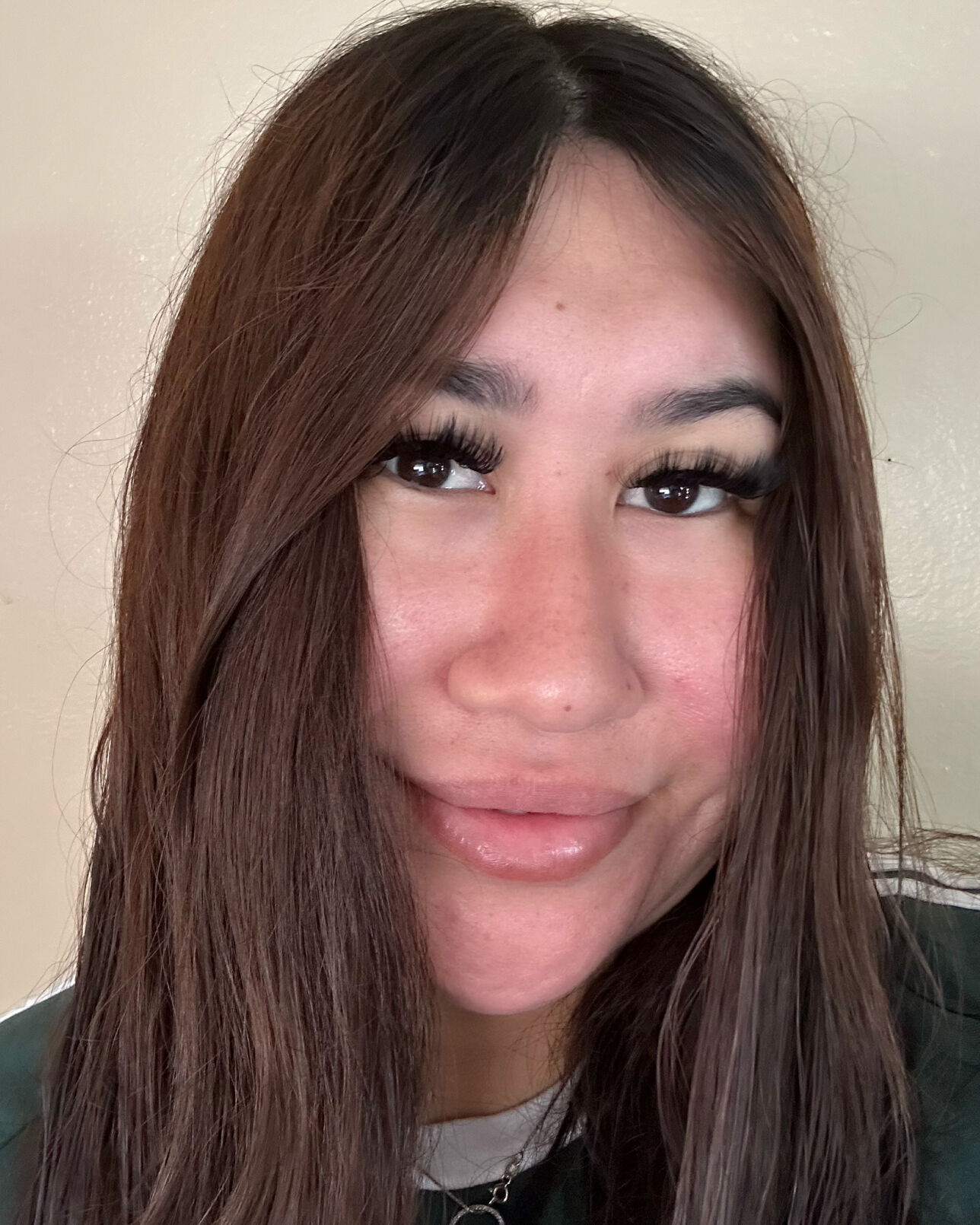
Although I have not broken out in the last two months, I still have a lot of work to do in order to get rid of the scarring that has been with me throughout most of my life. And that is just the next step in my healing acne journey.

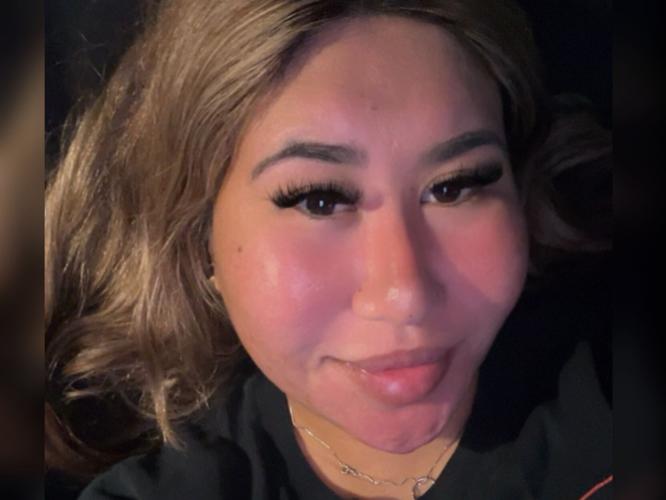

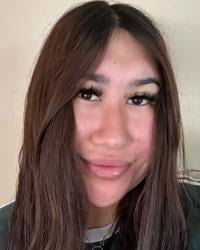

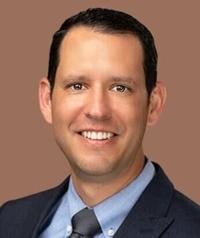









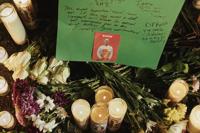

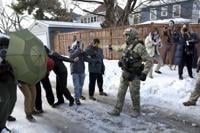


(0) comments
Welcome to the discussion.
Log In
Keep it Clean. Please avoid obscene, vulgar, lewd, racist or sexually-oriented language.
PLEASE TURN OFF YOUR CAPS LOCK.
Don't Threaten. Threats of harming another person will not be tolerated.
Be Truthful. Don't knowingly lie about anyone or anything.
Be Nice. No racism, sexism or any sort of -ism that is degrading to another person.
Be Proactive. Use the 'Report' link on each comment to let us know of abusive posts.
Share with Us. We'd love to hear eyewitness accounts, the history behind an article.